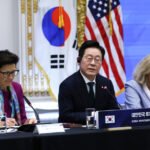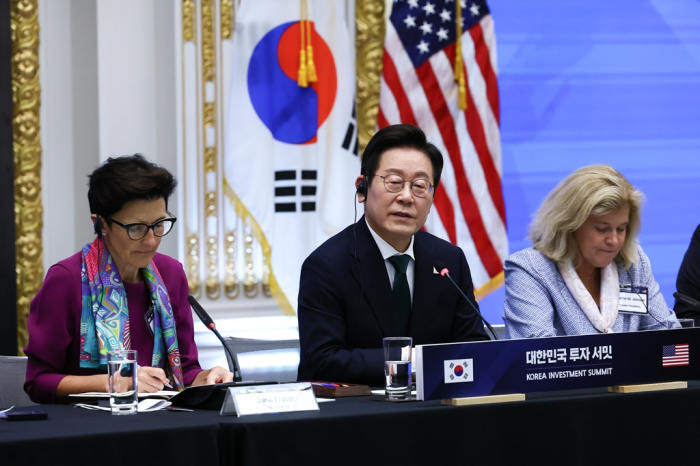
South Korean President Lee Jae Myung has pledged to press ahead with a third round of Commercial Act reforms, despite an anticipated backlash from businesses, while laying out plans to secure the country’s long-sought inclusion in MSCI’s developed markets index.
Speaking to global investors at the New York Stock Exchange (NYSE) on Thursday during the Korea Investment Summit, Lee said his government will implement structural changes to tackle opaque corporate governance and bolster investor protection.
“I understand there’s a resistance. But this (commercial law reform) is something that must be done and will be implemented,” Lee told an audience of global investors.
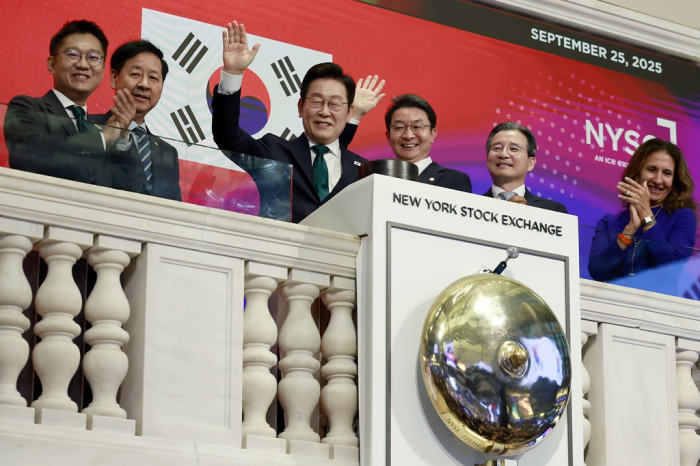
He visited the NYSE as part of his trip to New York to attend the UN General Assembly meeting.
He pledged efforts to improve opaque corporate governance and unfair market practices, including stock manipulation, to draw fresh capital inflows to the Korean market.
“We will create a stock market where no one can even dream of opaque, unfair practices. Those who try will face ‘utter ruin,’” he said.
WALL STREET’S TOP FINANCIAL FIGURES AT KOREA INVESTMENT SUMMIT
Lee said the third round of reforms would overhaul “irrational decision-making structures” within Korean conglomerates.
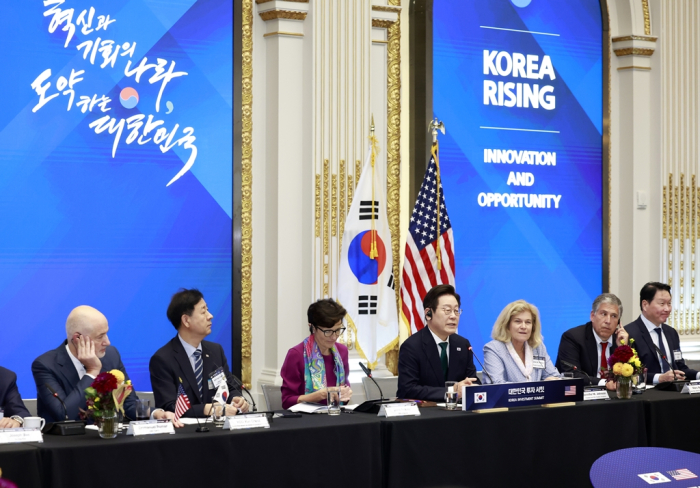
His government has already passed two amendments to the Commercial Act aimed at extending the fiduciary duty of boards to all shareholders and strengthening protections for minority investors.
The third round, he said, would further align companies with global standards.
Analysts said corporate governance shortcomings, alongside geopolitical risks and political instability, have long contributed to the so-called Korea discount – the persistent undervaluation of Korean equities relative to global peers.
The announcements come as Seoul redoubles efforts to attract foreign investment and position itself as a credible financial hub in Asia, amid intensifying competition from regional peers.
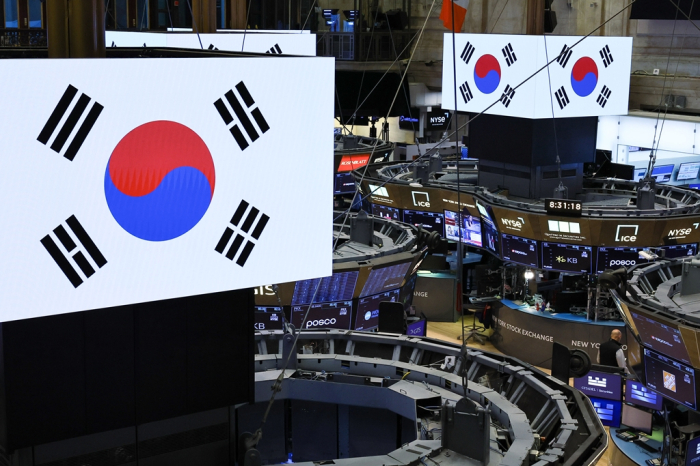
Wall Street’s top financial figures attended the investment summit include Jane Fraser, chief executive of investment bank Citi; Emmanuel Roman, CEO of PIMCO, a fixed-income investment management firm; Franklin Templeton CEO Jenny Johnson; JPMorgan Asset Management CEO Mary Erdoes; Blackstone Chief Operating Officer Jonathan Gray; Apollo Global Management CEO Marc Rowan; KKR & Co. Co-CEO Joseph Bae; Ares Management Corp. CEO Michael Arougheti; Marc Nachmann, head of Goldman Sachs Asset Management’s investment banking division; Mary Callahan Erdoes, CEO of JPMorgan Chase’s asset and wealth management division; and Henry Fernandez, MSCI chairman and CEO.
FROM ‘KOREA DISCOUNT’ TO ‘KOREA PREMIUM’
In his Facebook post following the Korea Investment Summit, Lee said he would turn that Korea discount into a “Korea premium,” announcing that his administration plans to unveil a comprehensive roadmap by year-end to secure Korea’s inclusion in the MSCI developed markets index.
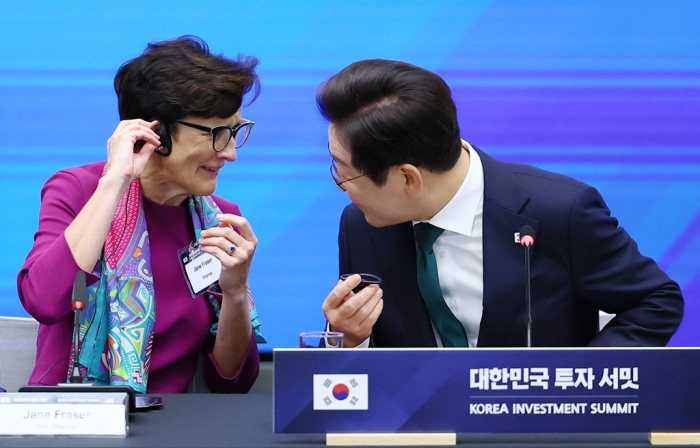
“By presenting a roadmap for Korea’s entry to the MSCI index, we will open the era of a Korea premium,” Lee wrote. “Global investors in our capital markets will no longer need to worry about a Korea discount.”
In June, Korea’s years-long bid for MSCI developed-market status suffered yet another setback after the global index provider declined to add Asia’s fourth-largest economy to its watchlist for potential inclusion.
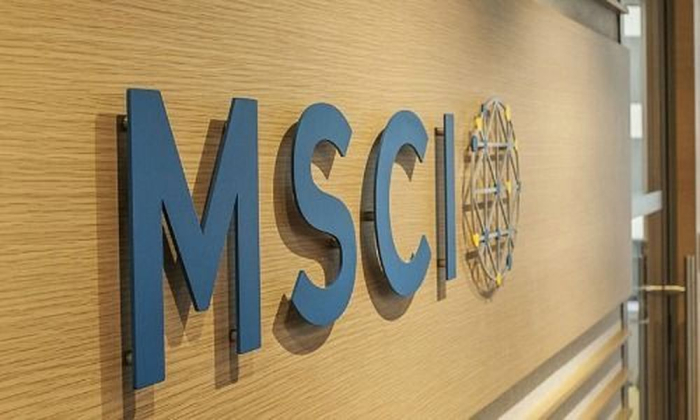
That left the country stuck in the emerging-market category, where it has languished since being taken off the watchlist in 2014.
Other global stock market index providers, such as Dow Jones, S&P and FTSE, have classified the Korean equity market as developed.
By In-Soo Nam
isnam@hankyung.com
Jennifer Nicholson-Breen edited this article.


